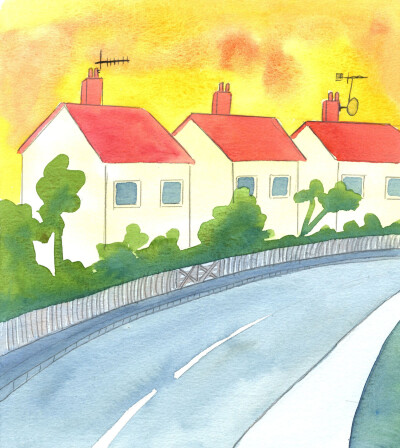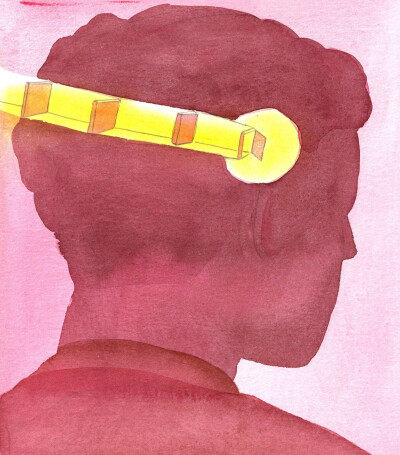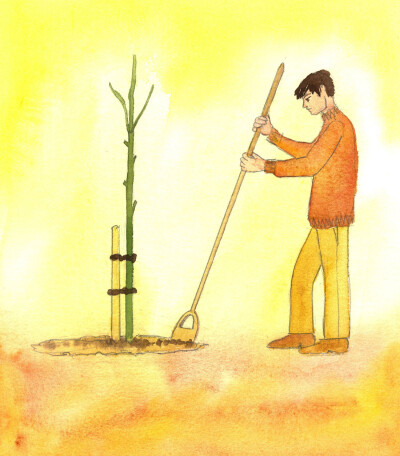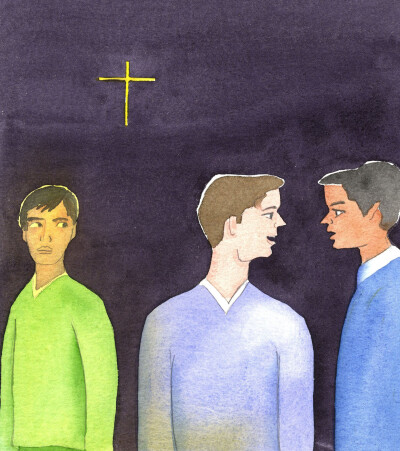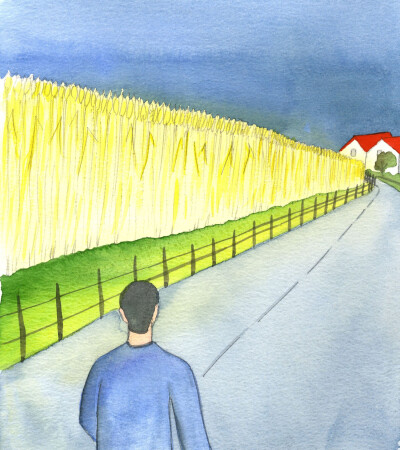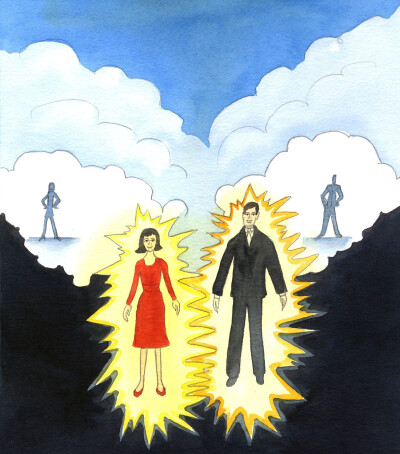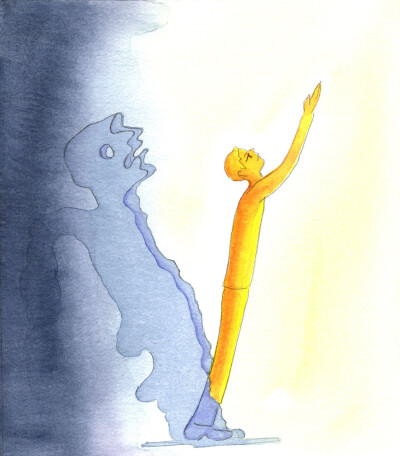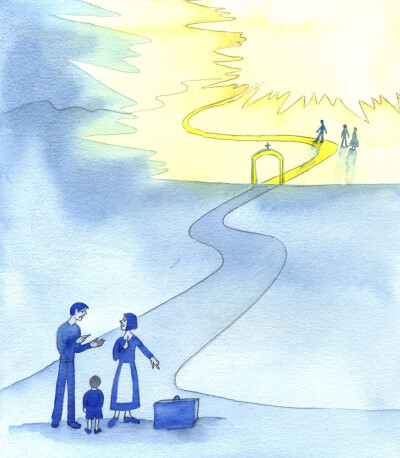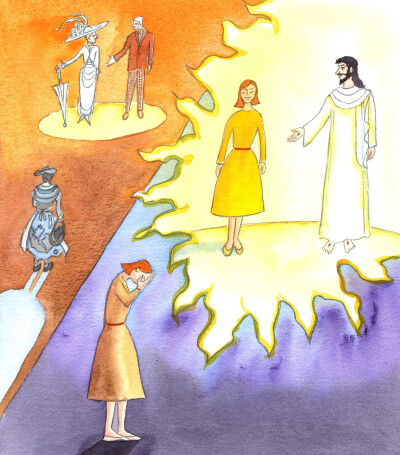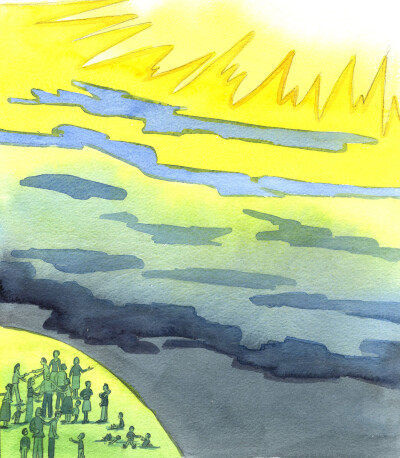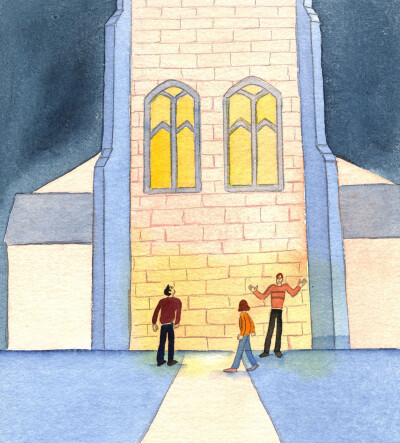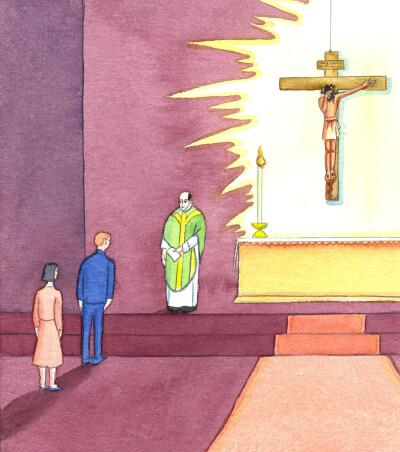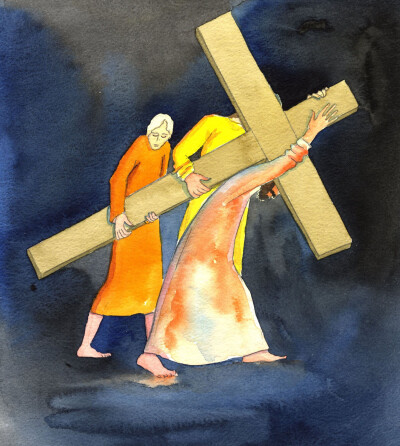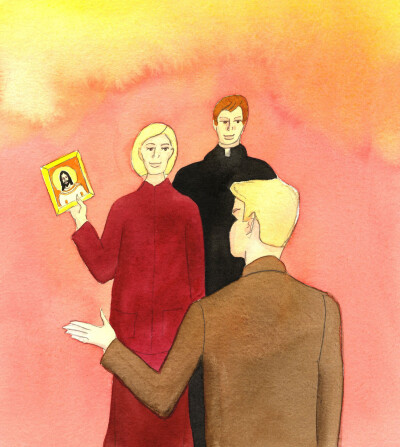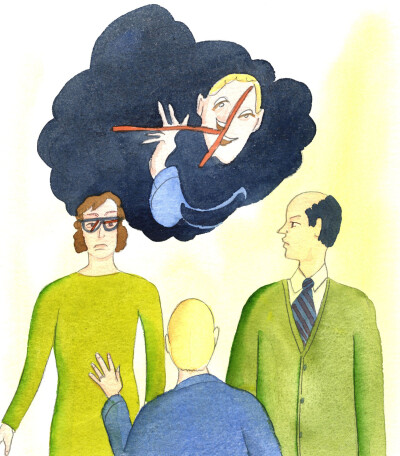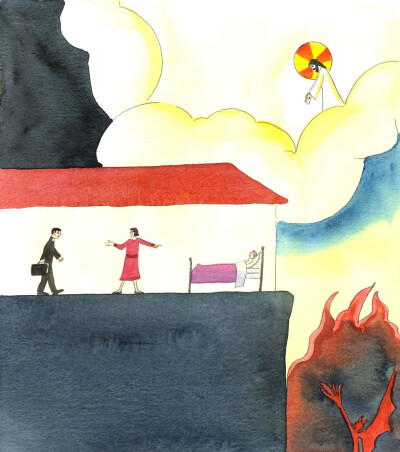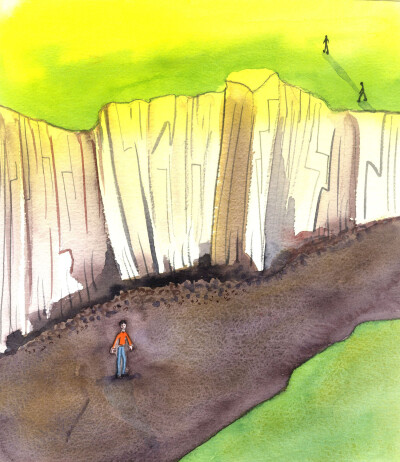Search Page
Showing 21 - 40 of 68
Our Father in Heaven denies to no-one the opportunity to know Christ, and to receive the gift of Heaven. Whether in earthly life, or at the moment of death, each person in our village hears the truth; but many say: 'To join the Church would be inconvenient', or 'To serve God will cause me trouble', or 'Life is too short to make sacrifices'. They forget the purpose of life - and our destination, which will be, eventually, Heaven or Hell.
Some conversions take a long time. Before a lasting conversion, a person needs to go on a 'journey' to the very centre of his soul and mind. By Divine grace, he can discover his own true will. Is his will fixed on achieving pleasure, above all, or power, or physical fitness, or truth or fame? He can discover his own motives, and change them, after providential times of rest and reflection.
What a lot of work must be done by a newly-converted soul who wants to make progress in the spiritual life, and please God by every thought, word and deed. A convert's penances, prayers and mortifications are like the hard work a gardener does, who clears the ground around a new plant, and prunes it, to make it grow strong and true.
When a new convert acts pleasantly, when he has formerly acted against the Church, it can be difficult for other Catholics not to be suspicious about his sincerity. St. Paul, too, was not immediately accepted. Each Catholic, nevertheless, must treat fellow-Catholics - 'new' or old - as brothers and sisters in the family of God.
Some preachers live alongside their flock, keeping silent. We can picture a man who finds a field of corn, growing naturally, but refuses to let it be cut to feed the hungry because it looks beautiful. That is what happens when Missionaries refuse to endanger 'natural' religions by refusing to offer the Gospel. They deny the people, amongst whom they live, the bread of truth, and the Bread of Life, which is Jesus Christ, with His Church, Sacraments, and Eternal Life.
As well as being fervent teachers, the Church's greatest sinners, when forgiven, have been the most lyrical in their expressions of gratitude to God for helping the weak and hopeless: for example, St. Augustine of Hippo, St. Ignatius Loyola, and St. Francis of Assisi.
The Lord does not look upon each repentant 'child of God' as if classifying us by our past sins; as an ex-greedy banker, or as an ex-prostitute. He thinks of each one in a state of grace as being His glorious, delightful child, whom He loves, and with whom He shares His glory. We must not allow ourselves to be dragged down by our past lives.
Only a person willing to change can co-operate with God's grace, to be freed from the bad habits, attitudes and beliefs which imprisoned him; then his bright soul can soar to God in confident and peaceful prayer.
A man can be living in the light, on his way to Heaven, yet the circumstances of a person's childhood can bring about patterns of behaviour which can be hard to eradicate, even after a sincere conversion, and membership of the Church. Even people of goodwill often continue to speak with sarcasm, or brutal honesty, or self-pitying or attention-seeking phrases learned as children.
In the play called 'Pygmalion', a rich man gave lessons to a poor working girl, and transformed her speech and outlook, and clothing. Christ works an even more marvellous transformation, by His grace acting within a willing soul. He transforms the whole person, leading each to Him, to find security, joy, peace-of-soul and fulfilment in sharing His life, and also to grow in wisdom, purity, courage, hope and charity.
Even when family members are plainly affectionate and helpful to one another, they are capable of doing terrible things if they live in ignorance of God's laws, without the life of grace, in disbelief of God's existence, and with their minds unable to understand God's wishes or to carry them out. They need the grace of God, and conversion. People are not saved by good humour or optimism, if they lead utterly Godless lives.
Many people search for the way into Heaven. Catholics who offer to enquirers a watered-down version of the Catholic Faith, failing to speak truthfully about sin and repentance, make it harder for those people to achieve Eternal Life. They brick up the door to Heaven, so to speak, as surely as bricking up an entrance to a church, our threshold to Heaven, if they allow people to continue in those sins which are, objectively, mortal sins, yet receive them into full Communion, or baptise them.
Christ looks on with sadness when He sees people being received into the Church who have not been encouraged towards a radical conversion, but who enter the Church to receive the sacraments while persevering in behaviour which is, objectively speaking, gravely sinful, for example, co-habitation and contraceptive use.
If we accept unavoidable sufferings with patience, from love for Christ, and offer them as a penance for sinners' conversions, in union with Christ, like Christ, it's as if we help Him to carry His Cross. We give evidence that His Passion was not wasted on us, but that we have accepted His graces and long for salvation for ourselves and others.
A Christian artist is right to use images of a font or a full-immersion Baptismal pool in paintings, as reminders of the process of conversion and sanctification. This is the path the Heaven: the path which leads through Baptism to union with the Blessed Trinity - and, as life continues, a way of even deeper purification necessary because of day-to-day sins.
Christ asks us to be bolder and braver, in direct proclamation of the Gospel message, that God loves us so much that He came from Heaven to live here as man, to save us from sin, and the fear of death. If we repent and trust in Him, we can be transformed, by the graces received in prayer, and through the Church. At present there is too much 'pre-evangelisation', which is not converting people, but causing some to think conversion is not important.
We must pray for those who condemn us when we are innocent. When people are habitually uncharitable, and fail to assume the best about people or to forgive errors or misunderstandings, it is as though they are wearing cracked spectacles which give a distorted picture of every person they meet, and every situation. What they need is not explanations but conversion.
We must never forget how powerful are the sacraments. Death is the 'cut-off' point: the moment in which we lose our ability to decide for God, or against Him. There are few death-bed conversions. Usually, as people live, so they die, either loving God or focussed upon their own desires. This is all the more reason for asking a priest to anoint a sick or dying person. Christ, through this holy sacrament, can free from sin someone who was about to fall into Hell.
Someone trapped in sin is like a man trapped in a deep quarry; but the most pitiable is the one who, though trapped, does not want to come out. When a person at last wants to escape that prison of sin, helped by the intercessions of others, there is hope that he will open his heart to Divine grace: the power to rescue him.
Like a mountaineer in a dangerous place, someone who is trying to escape from a sinful way of life needs the intercessions of other people. He also needs trust in God's power, and the virtue of hope, by which he will persevere in the belief that God can change him, save him, make him holy and happy, and bring him in the end to Heaven.
Showing 21 - 40 of 68

